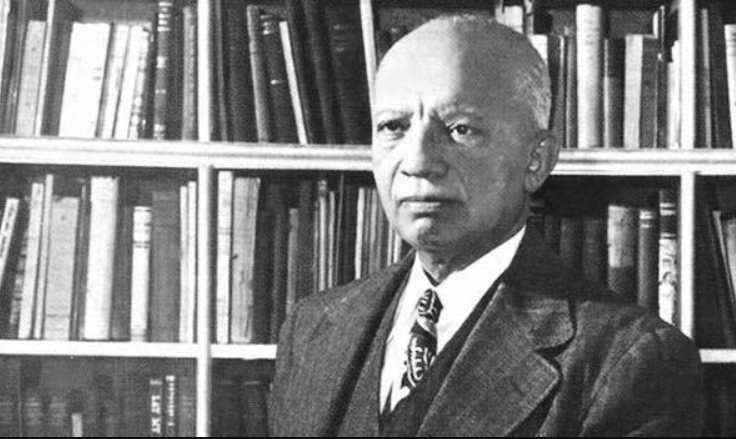
The National Park Services is highlighting cultural accomplishments across the country as part of its annual celebration of Black History Month.
The celebration began in 1926 as a weeklong event and became a month-long national tribute in 1976. It was founded by Carter G. Woodson, the son of former slaves who raised himself from abject poverty.
Woodson was born in 1875 on a farm in New Canton, Va. That same year the Anti Slavery Society formed in New York City and Congress passed the Civil Rights Act.
The legislation became known as the Enforcement Act and specifically prohibited racial discrimination in public accommodations as well as jury duty. Yet, the Reconstruction Era of Woodson’s youth was rife with simmering resentments and lack of opportunity.
Primary education was haphazard for rural children, especially for sharecroppers such as Woodson’s parents. His grade school education was interrupted by service on the family farm, but he dedicated himself to home studies. He mastered the three “Rs”--reading, writing and arithmetic--by the time he was a teenager.
At 17 Woodson and his brother, Robert Henry, traveled some 300 miles to work in the coal mines of Huntington, West Va. There, he attended a secondary school and earned a diploma within two years.
Woodson received a bachelor’s degree in literature from Berea College in Kentucky and a master’s from University of Chicago. His academic career continued at Harvard University, where Woodson received a doctorate in history.
His 30s were devoted to teaching and working as a high school principal. When he turned 40, Woodson published his first book on African-American history and dedicated the remainder of his long career casting a light on the Aftrican-American culture.
The seeds for Black History Month were sown in 1915 when Woodson traveled to Washington, D.C. He joined other leaders for the 50th anniversary of the Thirteenth Amendment. Later that year he also published a book on African-American history and co-founded the Association for the Study of Negro Life and History.
In 1926, Woodson promoted the first “Negro History Week” as a celebration of African-American history. The event continued the second week of every February to honor the memorial birthdays of two civil rights leaders--Frederick Douglass and Abraham Lincoln.
A lifetime of research, essays and books placed Woodson at the forefront of the growing civil rights movement. He remained a prolific writer and leader until his death in 1950.
In 1970, Kent State University expanded the festivities into Black History Month. Six years later a presidential proclamation turned the event into a national celebration.
The National Park Service manages a long list of events and sites to honor Black History Month. For more information go to:
A good starting point for the impressive stories of Black History Month.
Charles Young was a trailblazing military officer and one of the first Black Americans who graduated from West Point. He went on to lead a regiment known as the Buffalo Soldiers, served as a diplomat under President Theordore Rosevelt and as a superintendent of the newly designated Sequoia National Park in California.
An inspiring short video on the search for life, liberty and the pursuit of happiness. Former slaves established a town in Kansas.
Soujouner Truth was well ahead of her time in the late 1800s as she advocated not only for abolishment of slavery but for women’s rights as well.
Copyright © 2024 by Sensible Driver. All rights reserved.